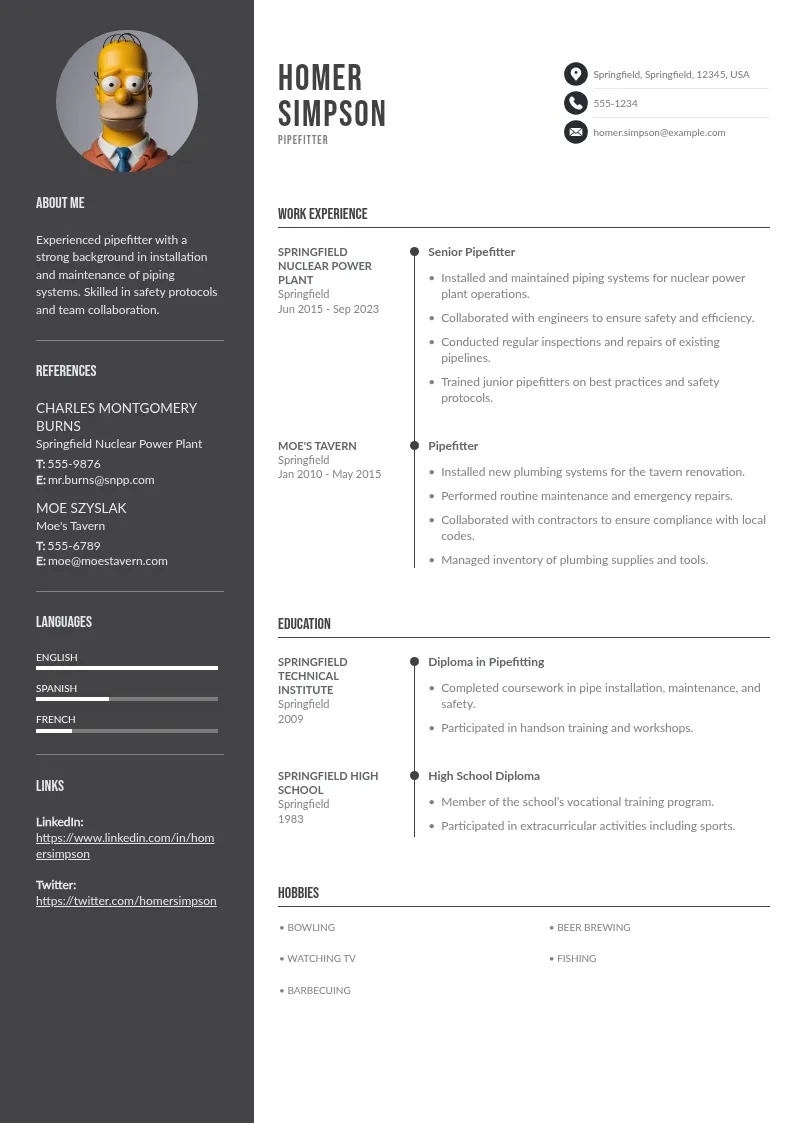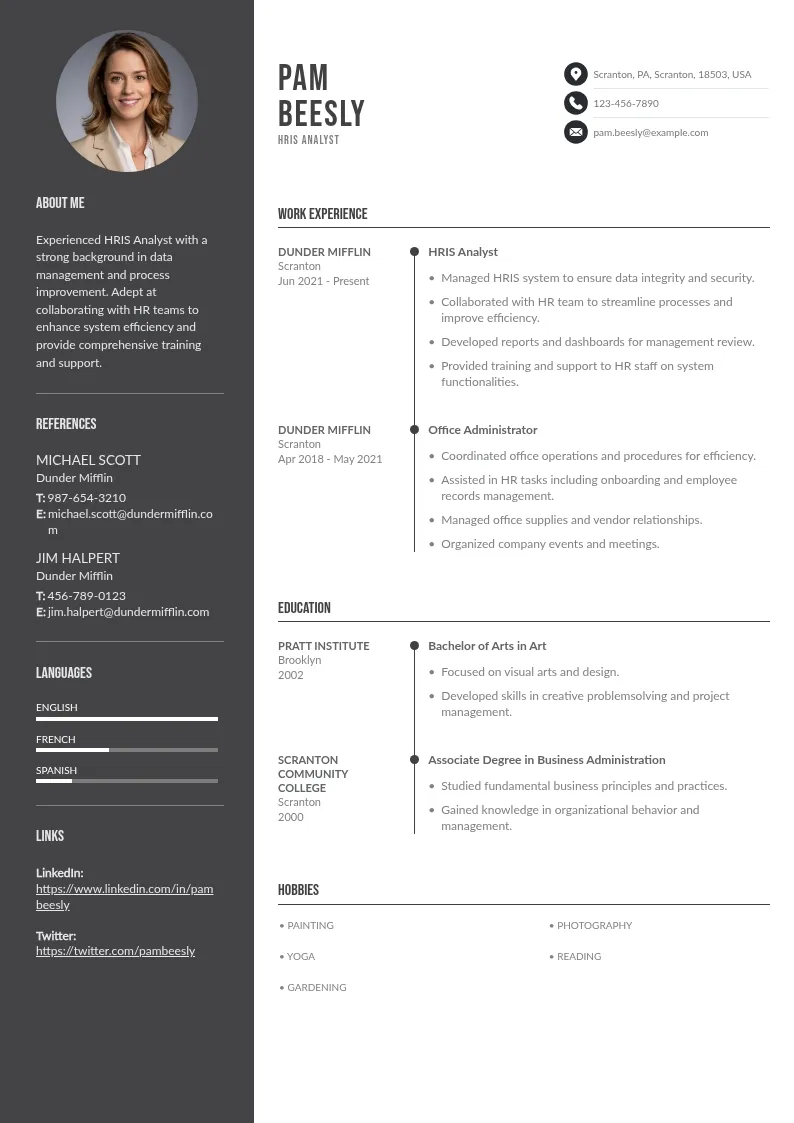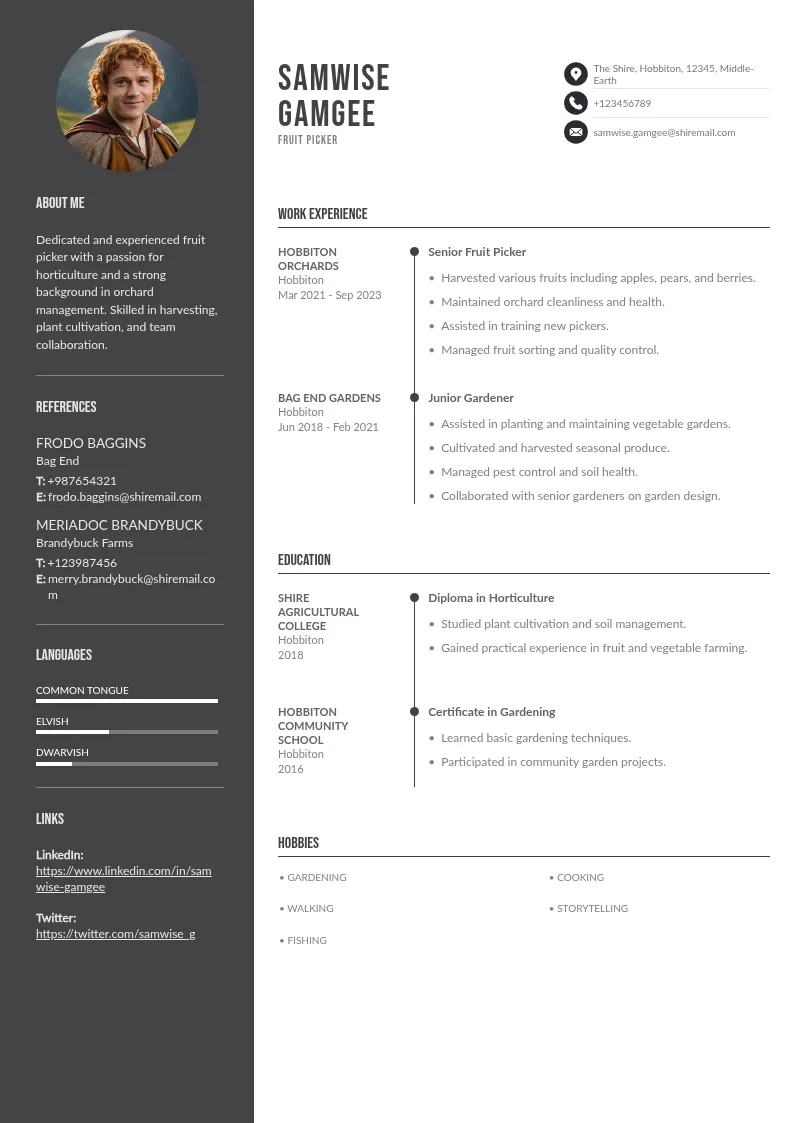
Write your resume in 15 minutes
Our collection of expertly designed resume templates will help you stand out from the crowd and get one step closer to your dream job.


You walk out of an interview, and it hits you: you messed up. Wrong answers, nerves, maybe even a bad joke. Should you apologize? Or would that make things worse? It’s a tough call, but don’t stress. There are ways to handle a bad interview the right way.
In this guide, we’ll break down when apologi
zing after an interview makes sense; and when it doesn’t. You’ll learn what to say, what to avoid, and how to move forward.
When It’s a Good Idea to Apologize After a Bad Interview
Not every bad interview needs an apology. But in some cases, saying sorry can help. The key is knowing when it’s actually necessary. Here are a few situations where it makes sense to reach out after a negative job interview experience.

1. You Gave Incorrect Information
Maybe you got a job title wrong, misquoted a statistic, or misstated your experience. If it’s something small, don’t worry. But if the mistake could affect how they see your qualifications, a quick email can clear things up. Just correct the info, keep it brief, and move on.
2. You Were Late
Things happen: traffic, a tech issue, or just bad timing. If you arrived more than a few minutes late, an apology shows respect for their time. A short, professional email can help repair the impression you left. Just don’t over-explain. A simple “I’m sorry for the delay and appreciate your time” is enough.
3. You Acted Unprofessionally
Maybe nerves got the best of you, and you interrupted the interviewer a few times. Or you accidentally said something that came across as rude. If you felt the mood shift because of something you did, a polite apology might help. The goal is to acknowledge it and remind them of your genuine interest in the role.
In all cases, keep it short and professional. Say sorry once, correct the issue if needed, and focus on moving forward. The last thing you want is to make a big deal out of a small mistake.
When You Shouldn’t Apologize After a Bad Job Interview
Sometimes, saying sorry can do more harm than good. It might make you seem unsure of yourself or draw attention to something the interviewer didn’t even notice. Here are a few situations where it’s better to just move on.

1. You Were Nervous
Most people get nervous in interviews. A shaky voice, a few awkward pauses, or even stumbling over a word or two isn’t a big deal. Interviewers understand that it happens. Apologizing for being nervous can make it seem like you lack confidence. Instead, focus on what you did well.
2. You Didn’t Have a Perfect Answer
Maybe you forgot a key point or didn’t explain something as clearly as you wanted. That’s normal. No one expects flawless answers to every question. As long as you showed enthusiasm and a willingness to learn, there’s no need to send an apology.
3. You’re Overthinking Small Mistakes
It’s easy to replay every moment and stress about tiny things; like saying “uh” too much or forgetting to mention a skill. But the interviewer probably won’t remember those details. Instead of worrying about what went wrong, focus on making a stronger impression in your follow-up email.
How to Apologize the Right Way
If you need to apologize, keep it short and professional. You don’t want to overdo it or make the mistake seem bigger than it is. Here’s how to do it the right way.
1. Keep It Brief
A long apology can make things worse. Don’t write paragraphs explaining what happened or why. Say sorry, correct the mistake if needed, and move on. Something like:
That’s it; simple and to the point.
2. Stay Professional
Even if you feel embarrassed, don’t get too personal. There’s no need to say, “I was so nervous, and I completely messed up.” Instead, acknowledge the mistake in a confident, professional way.

3. Use Email
A follow-up email is the best way to apologize. It’s quick, non-intrusive, and gives you a chance to restate your interest in the job. Avoid calling; putting the interviewer on the spot could make things awkward.
4. Shift the Focus Back to Your Strengths
Don’t let your apology be the last thing they remember. End your email by reinforcing your interest in the role and reminding them of your qualifications.
A well-worded apology can show professionalism and self-awareness. Just don’t overdo it. Say sorry once, correct the mistake if needed, and move forward with confidence.
Sample Apology Email
If you need to apologize, you don’t want to dwell on the mistake. Just correct it and move on. Here’s an example of how to do it the right way:
What to Do Instead of Apologizing
In many cases, it’s better to focus on making a stronger impression instead of apologizing. Here’s what you can do instead of saying sorry.
1. Send a Strong Thank-You Email
A well-written thank-you note or email can help shift the focus away from any small mistakes. Express appreciation for the interview, mention something specific you enjoyed discussing, and restate your excitement for the role. This keeps the conversation positive.

2. Highlight Your Strengths
If you feel like you didn’t fully explain a skill or experience, use your follow-up note to add more detail. Keep it short and relevant. For example:
This reinforces your qualifications without drawing attention to the mistake.
3. Focus on the Next Steps
Instead of dwelling on what went wrong, shift your attention to what’s next. If the interviewer mentioned a timeline, wait for their response. If you haven’t heard back after a week, follow up politely to check in on the hiring process. Also, start focusing on how you can improve with future interviews. It's a great idea to practice with mock interviews or example interview questions to help you gain your confidence back.
Mistakes happen, but one interview won’t define your entire career. Instead of apologizing for small slip-ups, focus on leaving a strong, professional impression.
Final Thoughts
Apologizing after a bad interview or negative experience isn’t always necessary. If you make a mistake, keep it simple and professional. Only apologize when it’s needed, and avoid overthinking small slip-ups. Instead, focus on your strengths and keep the conversation moving forward.
Always keep in mind: one interview doesn’t define you, and everyone makes mistakes. What matters most is how you bounce back and stay positive for the next interview.

















